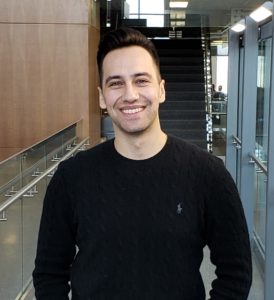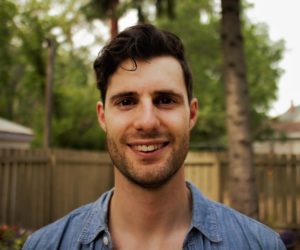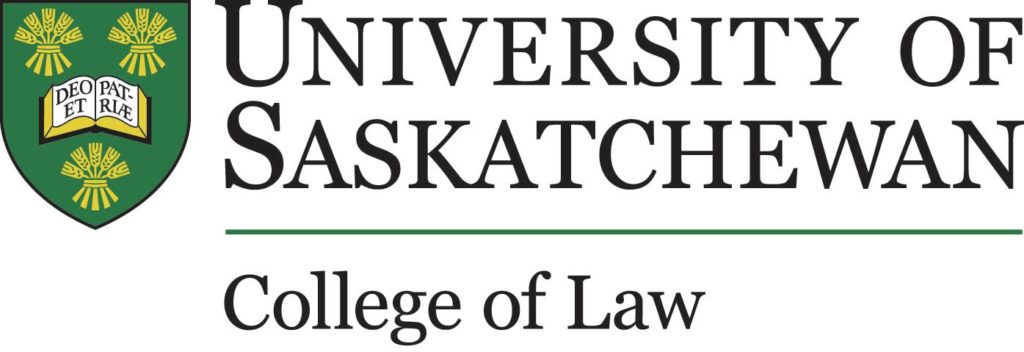RESULTS & THANK YOUS
The Moot Committee would like to send a major thank you to the College of Law, Professor Leah Howie, our funders, volunteer judges, and the students. Even though we had to cancel the oral portion of the moot due to COVID-19, many people gave their support, time, and generosity to help us make it happen. We were extremely saddened that we weren’t able to offer a complete moot competition to the students, so we are particularly grateful to them for putting in so much time and effort into writing their factums and preparing for the moot. You can view the amazing work the students did on their factums on the Factum page.
Fortunately, we were still able to complete the written portion of the moot. Our panel of judges volunteered their time to read all the factums, mark them, and provide constructive feedback to the students. Now that the evaluations have all been completed, we are happy to announce that Appellant Team 2 received the highest score. Please see more information about the winners below.
We remain committed to making sure students have a chance to develop their environmental advocacy skills and hope to continue offering this moot in the future, so please check back on updates for next year!
– The Moot Committee
The Factum Winners
Ramses Miki-Hanson

Although we could not present our final arguments due to Covid-19, the moot was overwhelmingly a great experience. It was far more engaging than a lecture or seminar, and as a result, I learnt a great deal more. I have interests in human rights and social justice, which was originally why I had wanted to study law. Prior to the moot, I had little knowledge of environmental law. By researching and reading cases for the moot, I realized how the priorities of both environmental law and human rights law are closely aligned – both strive for a better future. I am grateful for what I have learnt from the moot. As I am going into my third year, I hope that I can learn more about environmental law. In the future, I want to use my legal knowledge and expertise to better my community, country, and so on. For anyone considering taking part in the SKAEL moot, I highly recommend it.
Simon Hutton

While it would be inaccurate to say I came to law school intending to practice environmental law, my studies were greatly improved because of my growing awareness of the nexus between the environment and the law. The University of Saskatchewan’s first ever SKAEL Environmental Moot provided me an opportunity to explore environmental law through a new lens. Each class was filled with lively conversation that challenged me to consider pressing issues from diverse perspectives. Many of the arguments being presented were novel and helped stretch my understanding of the law, both with respect to the environment as well as the legal system’s ability to respond and adapt to society’s ever-changing values more broadly. This class, perhaps more than any other, helped me to appreciate the importance of anticipating where the law is going and how to convince a court that it is time to change.
I recently graduated from law school and have begun articling with the Ministry of Justice in Regina. Although it is not clear whether I will go on to practice environmental law, environmental advocacy remains a passion that I intend to pursue further. For the time being my priorities include planting a garden, composting, and reducing my personal C02 emissions and plastic consumption wherever possible.
ABOUT
What?
A moot is a simulated courtroom.
Law students from the new Internal Environmental Moot course offered at the University of Saskatchewan (U of S) will be competing in the SKAEL moot as their final project. Practitioners from the community volunteer as judges to evaluate the factums (written arguments) and oral arguments.
For our moot, teams of two represent either the Respondent or Appellant, and participate in two preliminary rounds. The highest-scoring team from both sides advance to the Final Round and compete for first place.
The teams will argue a simulated appeal from a real life case. For the 2020 moot, students will be arguing the following case: Reference re Environmental Management Act (British Columbia), 2019 BCCA 181.
When?
The SKAEL Environmental Law moot occurs on March 28, 2020.
Members of the public are invited to watch the oral arguments.
Why?
Every two years, students at the U of S can apply to compete in the national environmental law moot in Ontario, the Willms & Shier Environmental Law Moot. This is an amazing opportunity for students, but not everyone who applies will get to compete and it only runs every second year. We wanted to give students more chances to use and develop their advocacy skills in the field of environmental law, so we decided to run our first-ever local environmental law moot in the off-year of the national moot.
Through the moot, we hope students get a feel for what it is like to practice environmental law. We also want to give practicing lawyers an outlet for their interest in environmental law if they are unable to practice in this area. Lastly, we want to raise awareness about interesting cases that have real implications on our ability to use the law to protect the environment.
FUNDERS
Thank you so much to the following funders/supporters. We couldn’t have held this moot for students without their generosity.


